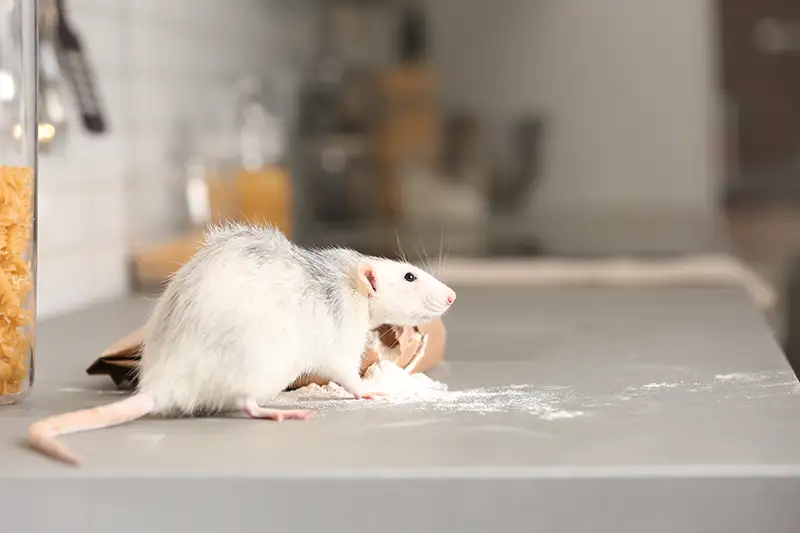Keeping your home insect-free can seem like an ongoing battle, but with a few strategic measures, it's easier than you might think. In this article, you'll learn how to keep insects out of the house, ensuring your living space remains a sanctuary from these pesky invaders. Early action and routine maintenance are key to maintaining a pest-free home.
Insects are not just a nuisance; they can also pose health risks and cause significant damage to your home. Understanding the key strategies for keeping them at bay is crucial for your household's wellbeing. Below, we will delve into some effective measures to keep these unwanted guests outside.

The Threat of Household Pests
When contemplating how to keep insects out of the house, it's important to first understand the common threats they represent. From ants and cockroaches to termites and mosquitoes, each can inflict various degrees of harm.
Ants can infiltrate food storage areas, cockroaches spread diseases by contaminating surfaces, and termites cause significant structural damage. Additionally, mosquitoes are carriers of dangerous diseases such as West Nile Virus and Dengue fever.
Precautionary Measures
The best strategy for keeping insects out is to start with proper pest-proofing techniques. Here are some essential tips:
Seal Entry Points
A crucial first step is to tightly seal all potential entry points in your home. This includes gaps around windows, doors, and any cracks in the foundation. Regularly inspect these areas and apply weatherstripping or silicone caulk as needed. For a detailed guide, consider checking out additional pest prevention methods.
Maintain a Clean Environment
Maintaining a clean and clutter-free environment serves as an effective deterrent for pests. Make it a habit to store food in airtight containers and dispose of garbage regularly. Kitchens and bathrooms are particularly vulnerable spots that require frequent cleaning.
Natural Remedies and Prevention
In addition to preventative measures, employing natural remedies can also support your efforts to keep insects out without relying on harsh chemicals.
Essential Oils
Essential oils such as peppermint, eucalyptus, and tea tree oil can repel many types of insects. Simply adding a few drops to a diffuser will keep these pests at bay, while also leaving your home smelling fresh.
Plant-Based Solutions
Certain plants can deter insects effectively. Consider placing basil, lavender, or chrysanthemums near entrances and windowsills. These plants naturally repel mosquitoes, flies, and other insects. Find more eco-friendly pest control tips here.
Regular Maintenance
Regular home maintenance prevents the development of pest-friendly environments. Implement a schedule to clean gutters, trim back vegetation from your house, and check that no pests have already infiltrated your household.
DIY pest control tips can further aid you in handling existing infestations without professional help, keeping your home safe and comfortable.
Seeking Professional Help
Sometimes, despite your best efforts, pests might require a professional touch. Hiring pest control experts can offer targeted treatments based on the specific pests impacting your home, providing long-term solutions.
Click here for tips on preventing specific pests like rodents.
Conclusion
In conclusion, keeping your home insect-free involves a combination of sealing entry points, maintaining cleanliness, using natural deterrents, and possibly seeking professional assistance. By understanding how to keep insects out of the house, you protect your health and improve your living environment.

FAQ
What's the most common cause of insects in the house?
Insects commonly enter homes through unsealed entry points, attracted by food residue and stagnant water sources.
How often should I apply natural insect repellent?
This depends on the product, but typically, reapplication every 2-3 weeks is advised, or after heavy cleaning that might wash away the oils.
Are professional pest control services worth it?
Yes, especially for persistent infestations or when pests pose health risks. Professionals provide tailored solutions addressing specific pest challenges.
This article contains affiliate links. We may earn a commission at no extra cost to you.
